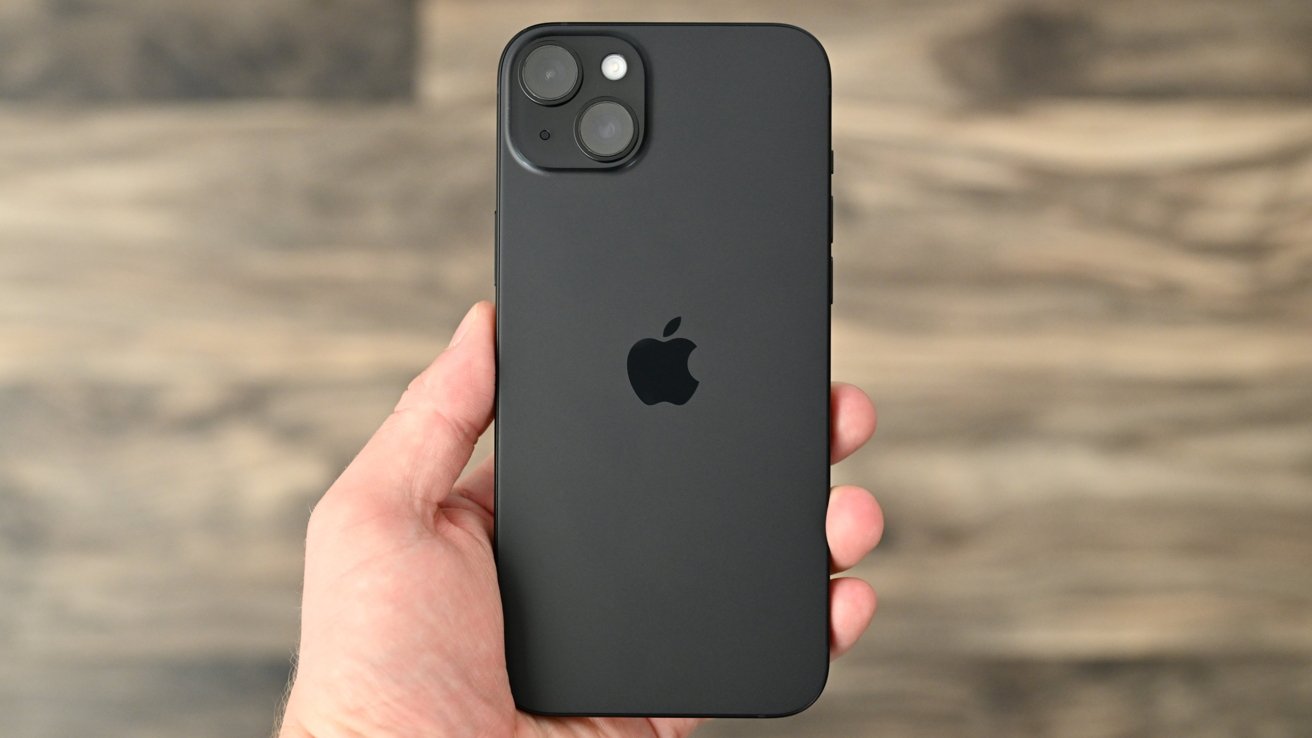Apple could change course on its latest trend of using year-old processors in non-pro iPhones with iPhone 16, at least according to an alleged iOS 18 code leak.
The iPhone 15 got the iPhone 14 Pro's A16 processor, while the iPhone 15 Pro got the new A17 Pro. Apple has done this for only two iPhone cycles but could switch back to the previous scheme in 2024.
According to sources familiar with iOS 18 code speaking to MacRumors, the iPhone identifiers for the 2024 models indicate they all share the same processor series. Apple could still differentiate between standard and pro models with a "pro" chipset moniker, but that isn't clear in the leaked information.
The identifiers are:
- D47: iPhone 16
- D48: iPhone 16 Plus
- D93: iPhone 16 Pro
- D94: iPhone 16 Pro Max
Also missing from the identifiers is an indication of an "Ultra" model. Rumors have pointed to a more premium device above the iPhone Pro Max for a few years, but it has never materialized.
There is an identifier present to indicate Apple's in-house modem project — D84S. This is an iPhone 15 Pro Max running Apple's test modem.
Apple isn't set to announce the iPhone 16 lineup until September 2024, so hints from early code leaks like this may not reflect final release models. It is possible that Apple could go back to a single chipset family for the 2024 models, but color us skeptical.
We're upgrading this rumor from unlikely to possible to convey that it's been repeated by different sources. However, there isn't any way to know how accurate the anonymous code leaker may be.
 Wesley Hilliard
Wesley Hilliard







 Charles Martin
Charles Martin



 Stephen Silver
Stephen Silver
 William Gallagher
William Gallagher

 Marko Zivkovic
Marko Zivkovic







8 Comments
Good to know. Makes all versions of iPhone 16 likable but easily justifiable upgrade at lower priced non-pro iPhone 16. But, as usual people like Pro over non-pro iPhones.
economy of scale. It's more expensive to create different chips now that they're on the same process. Makes sense.
iPhone 15 was using novel 3nmtech and the chips were more expensive. Easier to sell older, cheaper chips in lesser models. to save money and relieve yield pressure. now that 3nm is in full swing, makes sense to put everything on the process. iPhones selling in such huge numbers make this the. financially safer move, while bolstering the iphone's tech lead across the board.
It’s probably because N3E will have better yields than N3B
https://wccftech.com/tsmcs-3nm-a18-chips-for-iphone-16-enter-volume-production/amp/
My prediction is that there will be A18 and A18 Pro chips that differentiate the processors in each model. The A17 Pro presages this move.
In terms of unifying how Apple does things, this rumor actually makes a lot of sense as it carries over what Apple does with M chips in its computers -- they mostly have all models on the same iteration of the M-chip, like the current M3, but "consumer" machines get the base version and "pro" machines get a pro version. Also, it would bring the regular iPhone into a kind of chip parity with the iPhone Pro, which would be helpful for marketing if nothing else, instead of the current situation where the newest iPhone runs on last year's Pro chip. This would allow Apple to market "a whole new chip" each year for both regular and pro iPhones and that's not nothing.